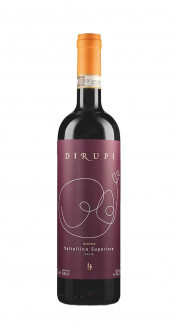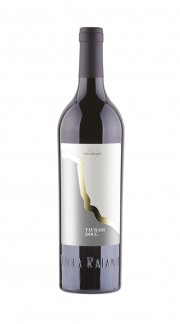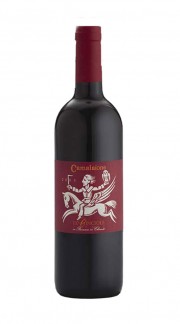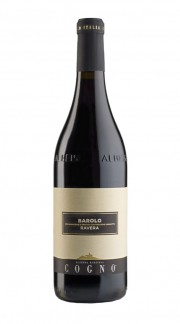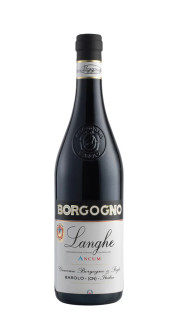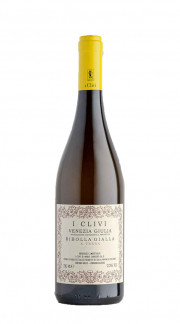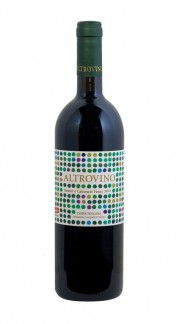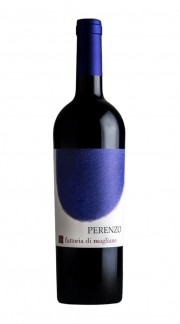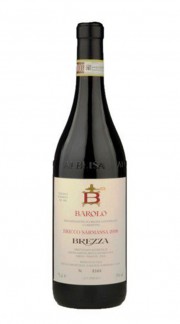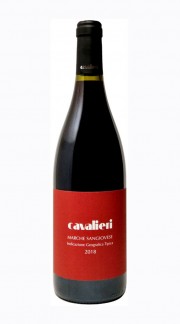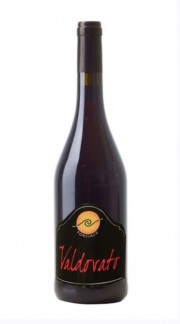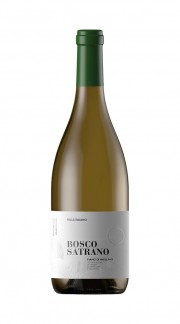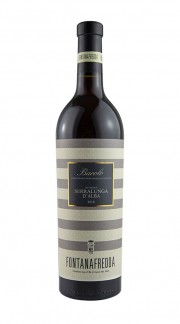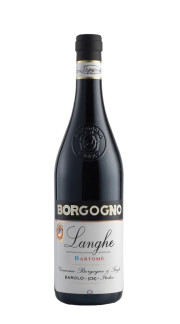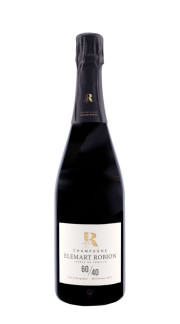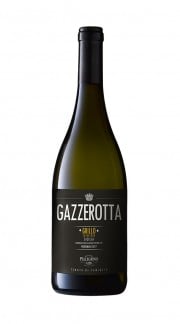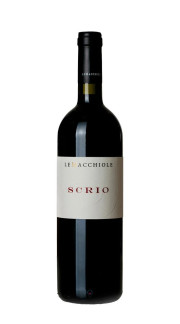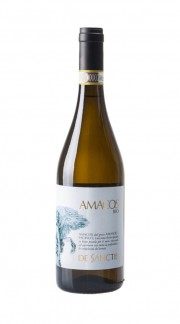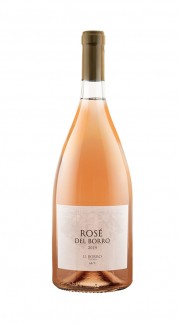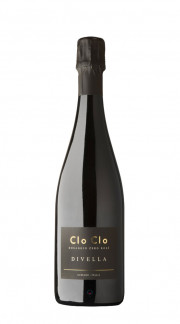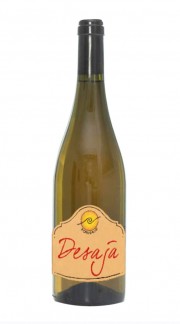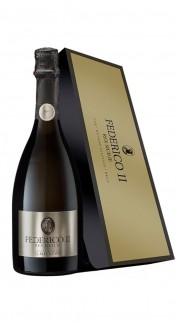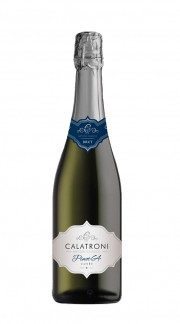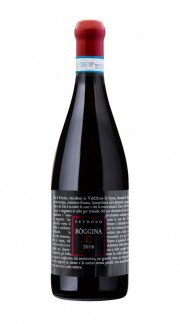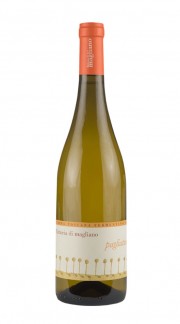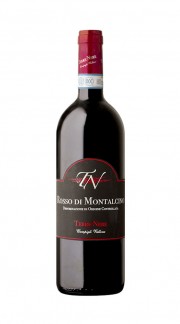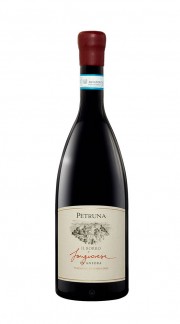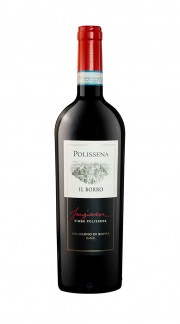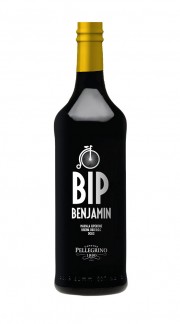It lacks to free shipping
Organic wines
What does ORGANIC WINE mean? " Organic " wines , to be defined as such, must be produced in full compliance with the recent European legislation n. 848/2018. Simplifying, a wine is defined as "organic" when it comes from 100% organic grapes, i.e. grown without the use of synthetic chemical agents in the vineyard , while in the cellar the vinification must take place with the limited use of sulphites and oenological additives in general , which in any case must, in turn, be certified "organic". This is the most stringent meaning of the broader concept of " organic agriculture" , which identifies that agricultural production system which, on the one hand, aims to offer the consumer fresh, genuine products free of synthetic chemicals , and on the Altro tries to reduce the environmental impact of agricultural activity as much as possible , making sure that every piece of land is used in compliance with its natural cycles and therefore in an eco-sustainable way. The winemakers converted to "Bio", therefore, manage all the natural resources available such as water, for example, in a careful, scrupulous and efficient way. A cornerstone of organic agriculture and viticulture is also the safeguarding of biodiversity , i.e. the presence and development of different species and varieties of plants and animals in the area. This method (and philosophy) of work, in the vineyard and in the cellar, then has a direct effect on the final product and its quality.
Organic wine: meaning
Contrary to what was recently declared by a nationally renowned winemaker, the starting grape counts a lot in the quality of the final wine. In-depth scientific studies and the consolidated experience of thousands of winemakers around the world, who work in quality, testify that, on the other hand, the health of the vines is crucial for harvesting healthy grapes that will produce a healthy and quality wine. And we also know that pesticides, herbicides, fungicides, etc. they impoverish the soil, and above all the plant, of its natural ability to defend itself, by itself, from diseases and to grow luxuriantly. The "industrial" vineyards are often overfed with antibiotics, as they are more fragile, protected by synthetic chemicals, perfect in their aesthetics, with an inevitable production of apparently healthy grapes, but devoid of richness, substances and taste. After all, the simplest question could be: why, as is well known, bees no longer eat the fruits of industrialized agriculture? In compliance with these principles, "Bio" producers fertilize the land using organic materials , such as manure, and implement traditional agricultural techniques, such as crop rotation , which involves periodically leaving it fallow (fallow..., many will remember in the school supplies the ABC of the perfect farmer!) a part of the cultivated land. A way to encourage the natural fertility of the lands, without the need to exploit them intensively. In addition to these systems, organic winemakers use natural fertilizers , thus excluding the use of synthetic substances and pesticides capable of altering the cultivated products, and of course they also ban the use of genetically modified organisms (GMOs). To ensure the survival and well-being of organically cultivated land, producers plant plants capable of hosting insects that will eat the parasites dangerous for crops. In this way, a protective and natural barrier against pollution is also guaranteed. In case of diseases, for the care of the soil, the "organic" winemakers use vegetable, animal or mineral substances , namely: plant extracts, insect predators of parasites, rock flour or natural minerals, which chemically correct the soil in a natural way . They resort to the use of "traditional medicines" very rarely and only in the cases provided for by European regulations.
THE NUMBERS OF ORGANIC WINE IN ITALY
The consistency of organic vine cultivation in Italy has followed, in its fundamental lines, the general production trend of organic agriculture: a significant growth in the early 2000s and a slower and more gradual development in recent years. The organic vineyard area in production is currently 84,000 hectares , up 13% on 2019. Together with the 25,000 hectares under conversion , we reach a total of 109,000 hectares , 17% of the national vineyard area . It is important to underline that the "conversion" from traditional to organic farming takes 3 years; every year the farm is subjected to an audit which, if passed, leads to the following year and then to the final certification, precisely that of the third year.
ORGANIC WINE: REGULATION
 The Standing Committee for Organic Production (SCOF) of the European Community approved in 2012 new rules for the production and labeling of organic wine. The new regulation (applied starting from the 2012 harvest), allows organic winegrowers to be able to use the indication "organic wine" on the labels together with the organic logo of the EU, i.e. the coveted green leaf with the 12 stars of the member states ( combined with the code number of the competent certification body). It will also be possible to label wines from previous vintages as organic, provided that compliance with European legislation is demonstrated. It should be emphasized that until then it was only possible to label the wine as coming from "organically grown grapes" and the use of the European logo was not permitted. The new regulations, on the other hand, introduce a technical definition of organic wine and provide for rules also for the winemaking phase, not only for the agricultural part. This allows the legal definition of "organic wine" in the round.
The Standing Committee for Organic Production (SCOF) of the European Community approved in 2012 new rules for the production and labeling of organic wine. The new regulation (applied starting from the 2012 harvest), allows organic winegrowers to be able to use the indication "organic wine" on the labels together with the organic logo of the EU, i.e. the coveted green leaf with the 12 stars of the member states ( combined with the code number of the competent certification body). It will also be possible to label wines from previous vintages as organic, provided that compliance with European legislation is demonstrated. It should be emphasized that until then it was only possible to label the wine as coming from "organically grown grapes" and the use of the European logo was not permitted. The new regulations, on the other hand, introduce a technical definition of organic wine and provide for rules also for the winemaking phase, not only for the agricultural part. This allows the legal definition of "organic wine" in the round.
USE OF SULFITES IN ORGANIC WINE
The new regulation sets the maximum sulphite content at 100 mg/litre for red wines and 150 mg/litre for white/rosé wines , 50 mg less for each category than the levels currently in force for conventional wines. The new legislation, in addition to making European legislation more harmonized, certainly contributes to strengthening the position of EU organic wines on the international market, given that other producing countries such as the United States, Chile, Australia and South Africa have already taken steps to establish for organic wines.
ARE ORGANIC WINES BETTER?
Apparently it may appear a naive question, as the aspect of the concept "more good, less good" or "I like it, I don't like it" is strictly subjective, it belongs to the personal taste of each of us. We can certainly say that organic wines are healthier, less "messy"; this is a certainty. However, we are pleased to report an in-depth 2017 study by the University of California, cited by numerous American newspapers and magazines, which analyzed the scores attributed by the 3 main American magazines dedicated to wine: we are talking about wine Bibles such as Wine Advocate, Wine Spectator and Wine Enthusiast . The research analyzes a very large sample of wines, i.e. more than 70,000 labels produced by almost 3,500 American wineries. A surprising picture emerges: an organic wine has, on average, 4.1 points more than a traditional one (out of 100 points), and it is certainly not for ideological or "fashion" reasons. According to scholars, in fact, the adoption of biological practices in the vineyard allows the microorganisms of the soil to return to their work, enhancing the flavor of the grapes and, above all, making a much more real representation of the terroir and the environment in which the vine was "raised". These studies therefore reveal that the adoption of the Bio certification has a decidedly positive effect on the evaluation achieved by a wine, in terms of pleasantness, balance and drinkability. And this despite a certain general sentiment which, on the other hand, considers organic wines to be of lower quality. It should be noted that the study, although limited to American wines only, took into consideration a large number of different grape varieties, including Cabernet Sauvignon, Chenin Blanc, Merlot, Pinot Noir, Sangiovese, Semillon and Zinfandel.
So if organic wine, as well as healthy, also means good, it completes an idea, a project that is sustainable and beneficial for the planet, but also extremely interesting for the consumer and, more generally, for favor of the pleasure of drinking well. The best organic wines are at your disposal in this catalogue.
Bio: wine of all kinds from Vinopuro
Are you looking for a wine produced with grapes obtained naturally? Then you have to try one of the organic wines in this section. In fact, you will find a wide selection of bottles of all types and production houses that have made these production methods a real philosophy. There is a wide choice of organic red wines that will pair perfectly with meat-based lunches; prized and appreciated bottles. You will be able to buy organic white wines of the highest quality, but also excellent rosés , champagnes and sweet wines. Discover Vinopuro 's offer.

